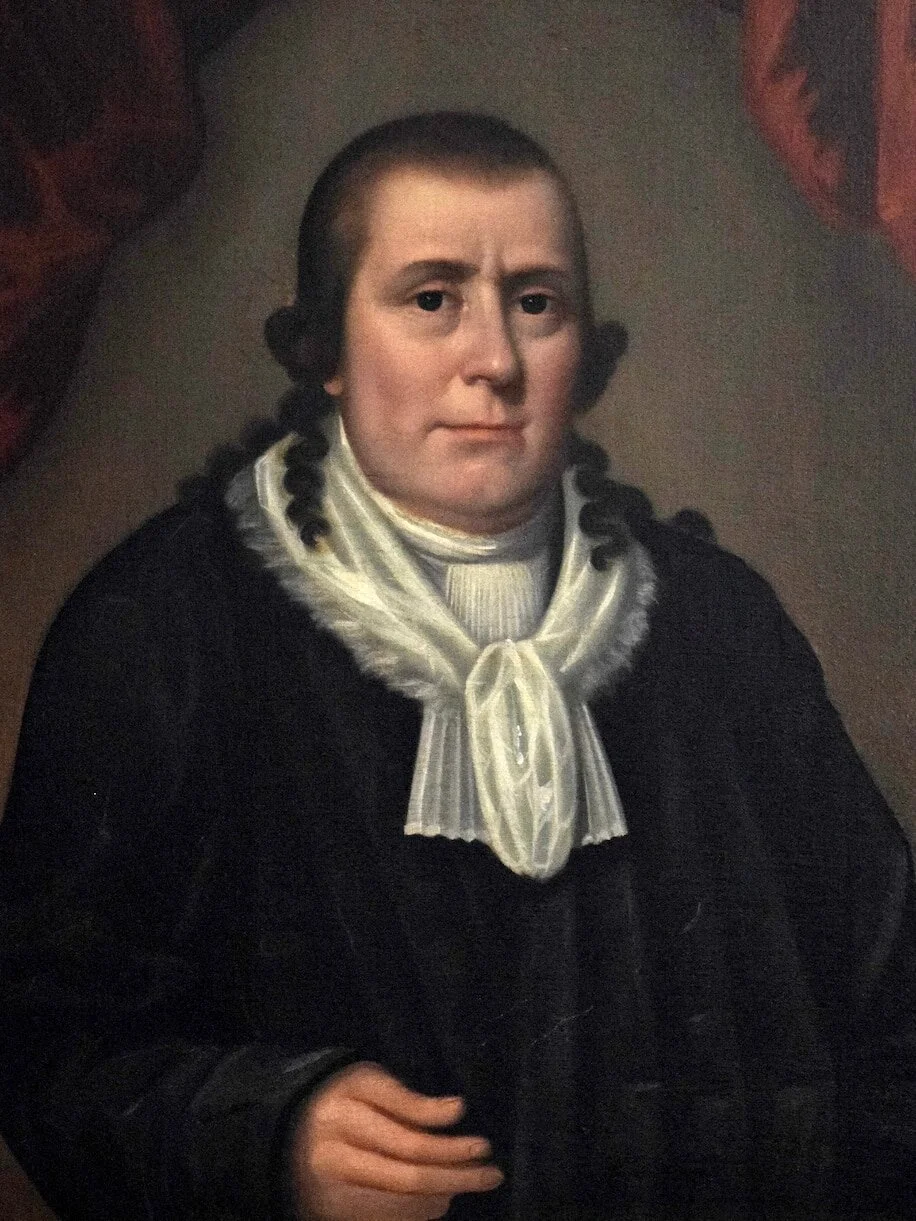Who is the Public Universal Friend?
The Public Universal Friend is possibly one of the most fascinating and queer characters in the early United States. Born Jemima Wilkinson in 1752, the Friend was raised in an ostensibly Quaker household, although the Friend and many of their siblings would go on to have conflicts with Quaker communities for, among other things, embracing religious changes in American society, supporting the Revolutionary War, and having an illegitimate child.
Then, in the auspicious year of 1776, the Friend suffered a mysterious illness and awoke a new person. According to the Friend, Jemima had gone to heaven and been replaced by a new, genderless itinerant preacher (a Public Friend in Quaker parlance) with universalist messages revealed by G,d. They avoided gendered pronouns, dressed as androgynously as possible and changed their name to the Public Universal Friend.
In addition to coming out, the P.U.F. also preached universal salvation, free will and equal access to G,d’s light. They advocated for the end of slavery, humility, hospitality and gender equality. Interestingly, the Friend also advocated for voluntary celibacy and rejection of marriage, but did not require it.
For various reasons, the Friend inspires me. First, as a non-binary rabbi, I feel a kinship with them as a historical predecessor. Gender-variant people from around the world have historically been assigned or found themselves called to spiritual roles. I and my trans and non-binary peers follow in the legacy of figures like the Public Universal Friend.
The second part of the Friend’s story that inspires me is their role as a Public Friend. Public friends were itinerant preachers, spiritual leaders not tied to a specific community. As someone who’s often found themselves on the outside, I’ve been forced to make a life on the edges. I aspire to be of use to the communities I come into contact with as I move through the world, without a need to claim one community in particular as my exclusive community.
Finally, the universal. The friend’s universal message of justice and access to the spiritual is an evergreen one. While I am a rabbi with special attention towards serving the Jewish community, I always have an eye to the universal. How can Torah be helpful for people beyond our community? What tools and values do we have that others don’t? How can I pass on those tools to people who need them? These are questions I sit with regularly. I don’t have clean answers, mostly because I don’t believe in them, but these questions are helpful as aspirations. The answer will always change depending on the context the question is asked in.
While the P.U.F. was a complex person, I hold them up as a non-binary transcestor who can be a symbol for good.
By John Lee Douglas “J.L.D.” Mathies - http://www.yatespast.org/schererch.html https://www.elfrethsalley.org/podcast/2020/7/7/episode-3-the-public-universal-friend-in-philadelphia, Public Domain, https://commons.wikimedia.org/w/index.php?curid=162892295
